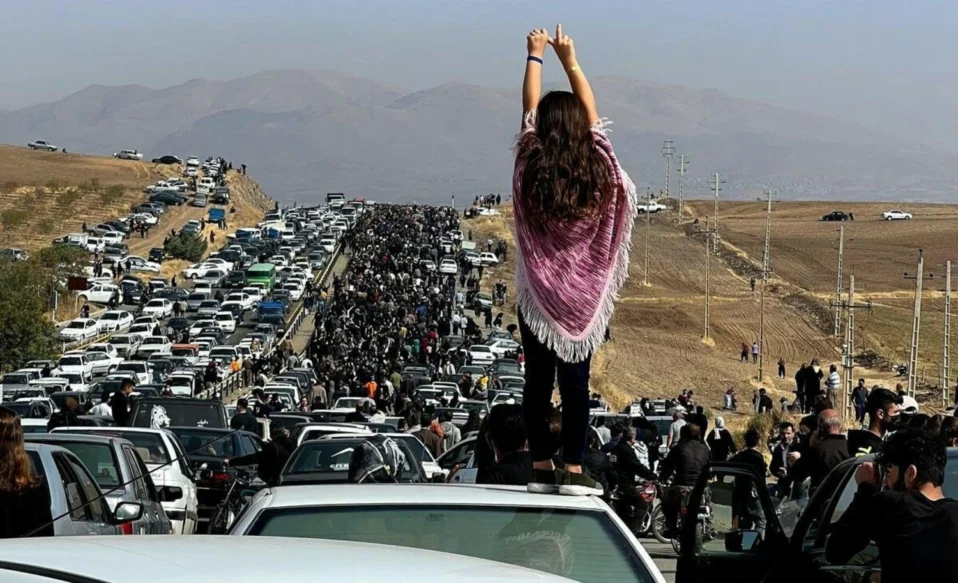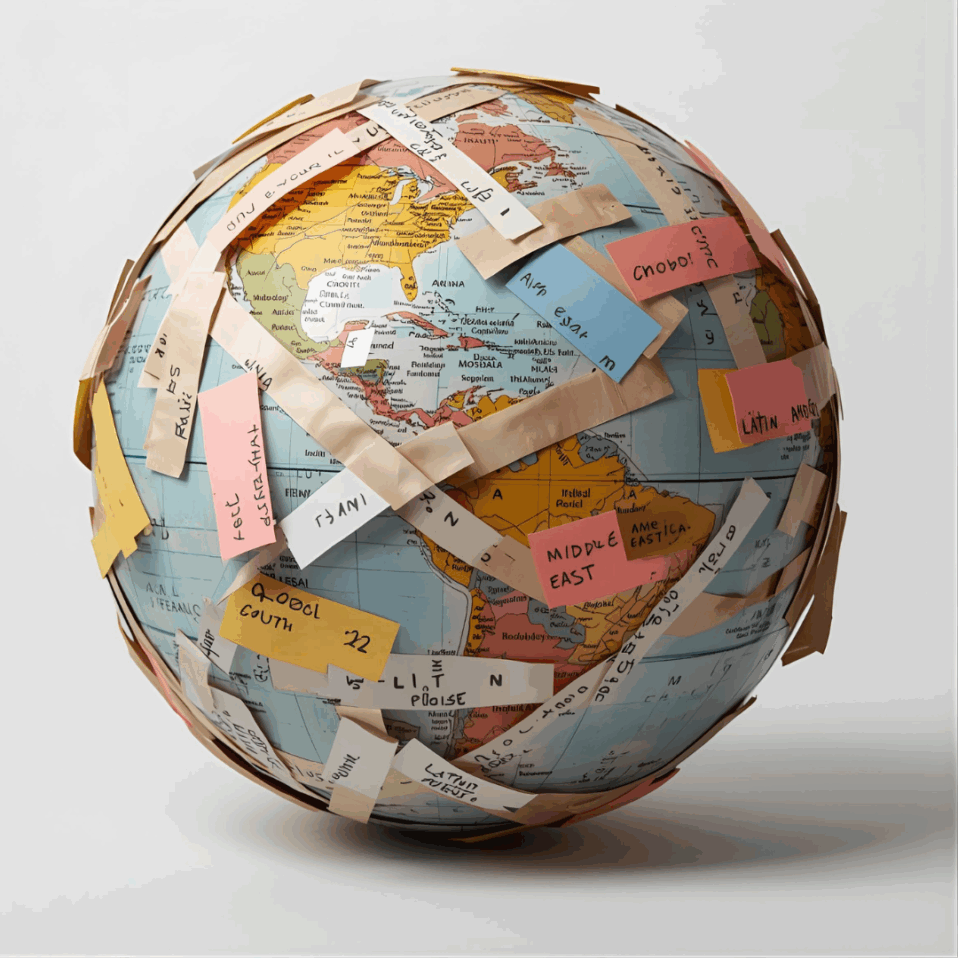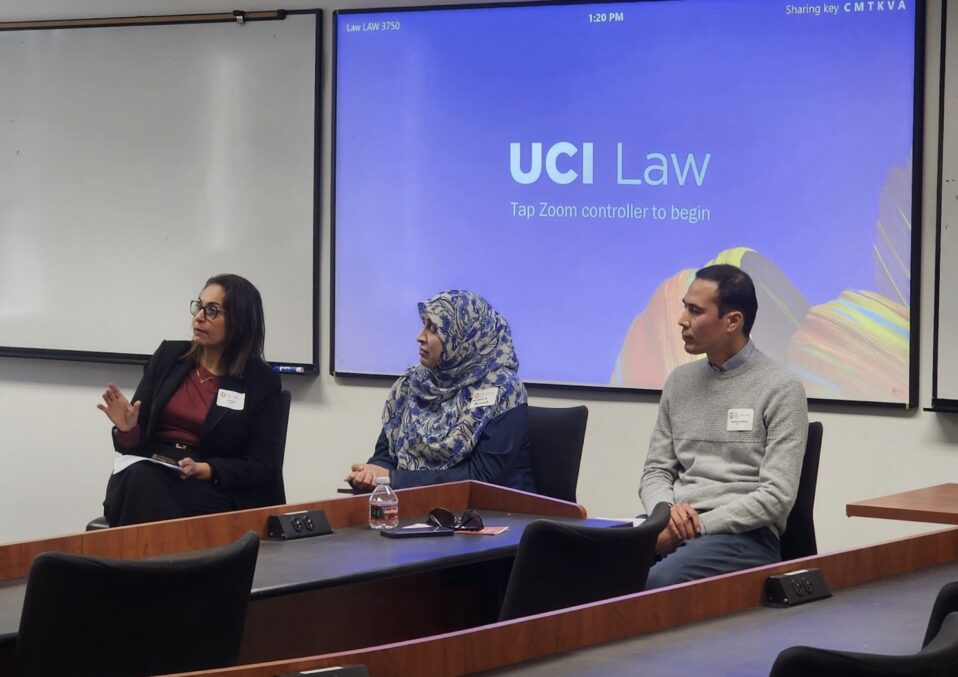Sweden’s NATO Process
Sweden’s official entrance marks a historic step as it became the 32nd member of The North Atlantic Treaty Organization (NATO) on March 7, 2024. The country’s flag will be raised alongside those of the other 31 Allies in a ceremony at NATO headquarters in Brussels, Belgium on March 11 and at NATO commands across Europe and North America.
The ratification process was finally completed in Washington D.C. as Sweden and Hungary, the only two countries left to ratify Sweden’s membership, submitted the necessary documents after an 18-month process. Turkey was reportedly withholding in approving Sweden’s bid, accusing the country of being too lenient toward groups that Ankara regarded as security threats as well as a series of demonstrations by supporters of the outlaws Kurdistan Workers Party (PKK), located in Sweden. During the official vote, the ruling party emphasized that Sweden’s “tougher stance” on Kurdish militants will play a pivotal role in securing voting approval. Senior legislator of the Turkish ruling party, Fuat Oktay, highlighted that Sweden’s modification to its anti-terrorism legislation curbed the PKK’s financial activities, convicted a terrorist suspect and extradited another, and lifted restrictions on arms sales to Turkey. As Turkey finalizes its approval, Hungary remains the last hurdle on Sweden’s road toward NATO.
Following Swedish Prime Minister Ulf Kirstersson’s reluctant visit to Budapest, Hungary back on Feb 20, and a deal through which Hungary is set to acquire four more Gripen C fighter aircraft and another 10 years of support and logistics for its existing fleet, Hungary’s parliament ratified Sweden’s membership status after a 2-year process last month.
At a press conference in Stockholm on Thursday, Sweden’s Minister for Employment and Integration Johan Pehrson labeled the accession “ a new security policy era for Sweden”, adding that he had personally been waiting for such a decision for 20 years.”
Its History of Neutrality
When the battle against Norway fell silent, the once-battled power would not take up arms again as its last war ended in 1814. For the next two centuries, Sweden embraced a policy of neutrality, refusing to take sides in wars or join any military alliance. It was a stance that contributed to the country’s ability to become a prosperous welfare state and humanitarian superpower.
Speculation follows that Russia’s invasion of Ukraine in February 2022, pushed Sweden along with Finland to abandon its traditional position of military nonalignment to seek protection under NATO’s security umbrella. Finland joined the alliance in April, becoming NATO’s 31st member after Turkey’s parliament ratified the Nordic country’s bid.
The invasion “had a shock effect on Swedish political life,” said Henrik Ekengren Oscarsson, a political scientist at the University of Gothenburg. He analyzed polling data showing that support for NATO membership surged from 35% in 2021 to 64% after the invasion.
Global Political Implications
Sweden’s membership is a monumental geopolitical boost for NATO as alliance members now encircle the Baltic Sea (with the exception of the narrow entry to St. Petersburg on the Gulf of Finland and Russian exclave of Kaliningrad). Not only does this allow the alliance to monitor physical pipelines and cables beneath the surface, but it also gives the alliance access to a pocket of military power. Despite having a population of a little more than 10 million and an annual 1.54 percent of its GDP gross on defense last year, the country’s centuries of neutrality have forced it to develop a world-class military-industrial complex.
When selected equipment stocks are compared across NATO countries, Sweden’s supply numbers tend to place them in the upper middle of the inference graph. In some cases, the country punches well above its weight as Sweden possesses the fifth most armored personnel carriers in NATO, more than much larger countries such as Germany, Spain, and the U.K.
The Russian reaction to Sweden’s decision to join NATO has focused more on its implications for the Arctic region. The Arctic North is an area of deep strategic concern for Russia as it is where the Russian nuclear-armed submarine fleet is based. While Sweden and Finland do not directly touch the Arctic Ocean, their membership in NATO does potentially significantly strengthen the military power of the alliance in that vital region.
The Future of Sweden
According to the International Institute for Strategic Studies (IISS), Sweden’s 2023 defense budget amounted to $9.2 billion and 1.54 percent of GDP. In anticipation of NATO membership, last year Sweden announced investments in military defense and estimated that this increased spending, combined with additional budget items that fall under NATO’s definition of defense expenditures, will ensure Sweden meets the 2% target in 2024. Beyond the defense equipment that Sweden currently has at its disposal, its export defense industry can meet most domestic equipment needs.
Additionally, “In NATO, they will have access to far more conversations/tenders/info sharing particularly with regards to very sensitive tech that they previously weren’t admitted to, even if their study was NATO standard in design,” says Tom Waldwyn, Research Associate for Defense Procurement at IISS.
Written by Community Outreach Intern, Tammy Gia Han Nguyen
Photo Credentials:
KENDALL WARNER / AP
References:
https://www.politico.eu/article/sweden-nato-membership-military-power/

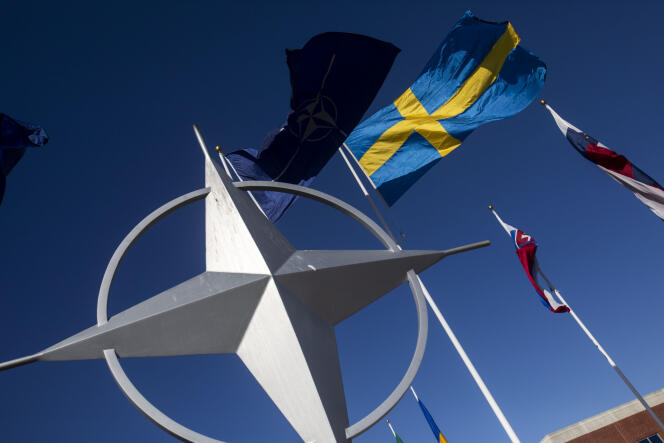
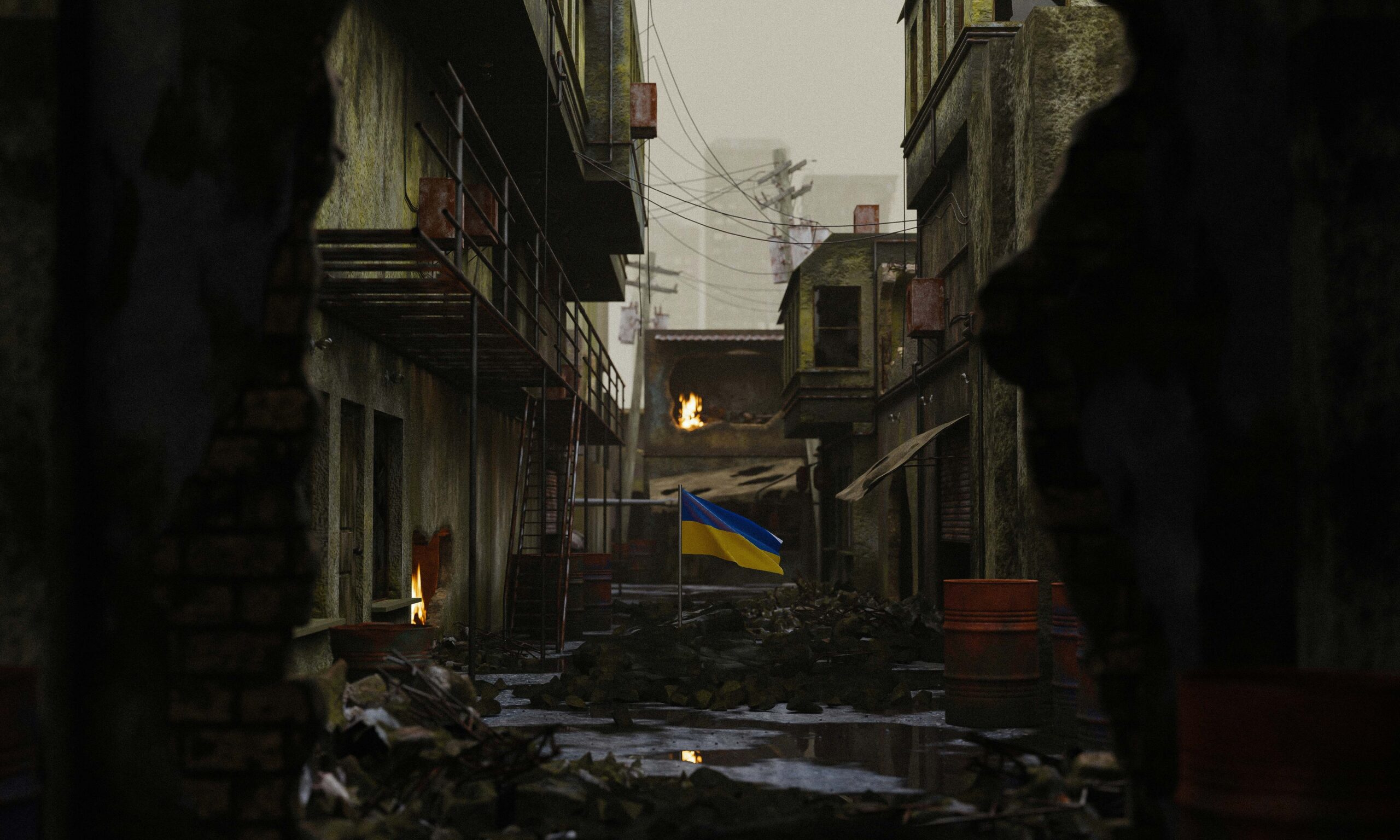
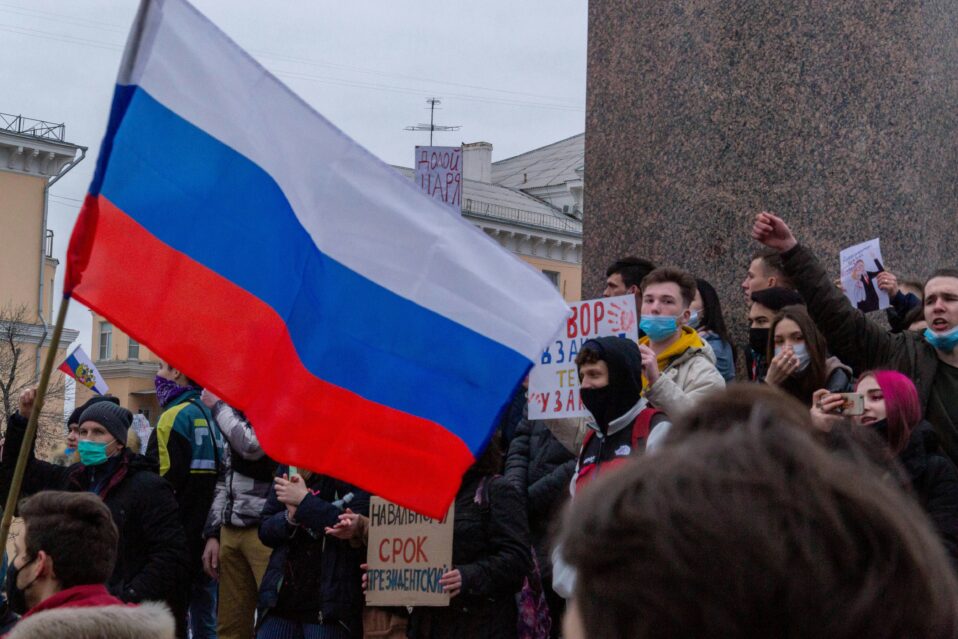
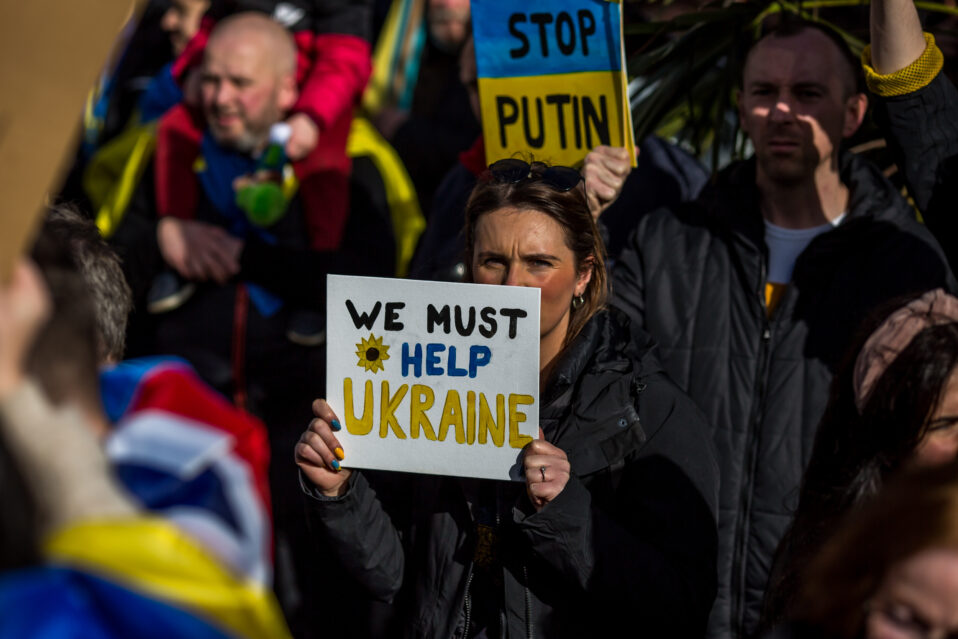
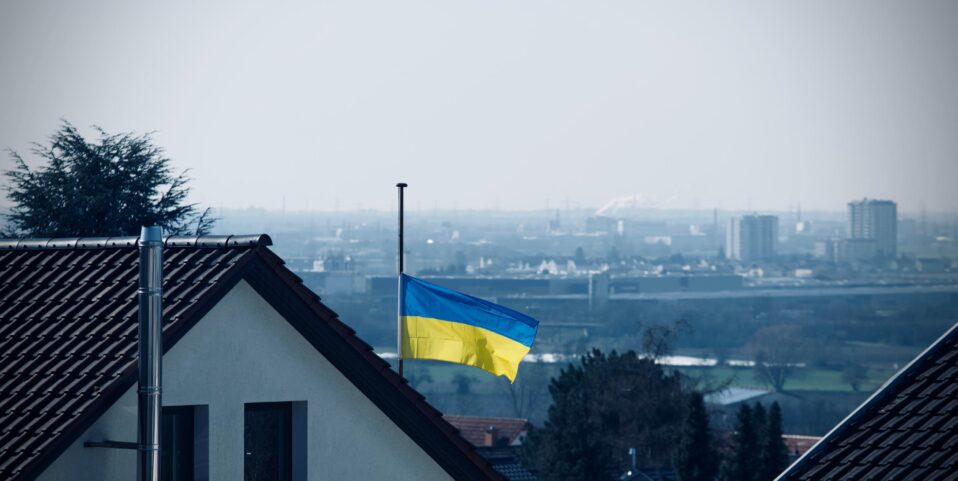
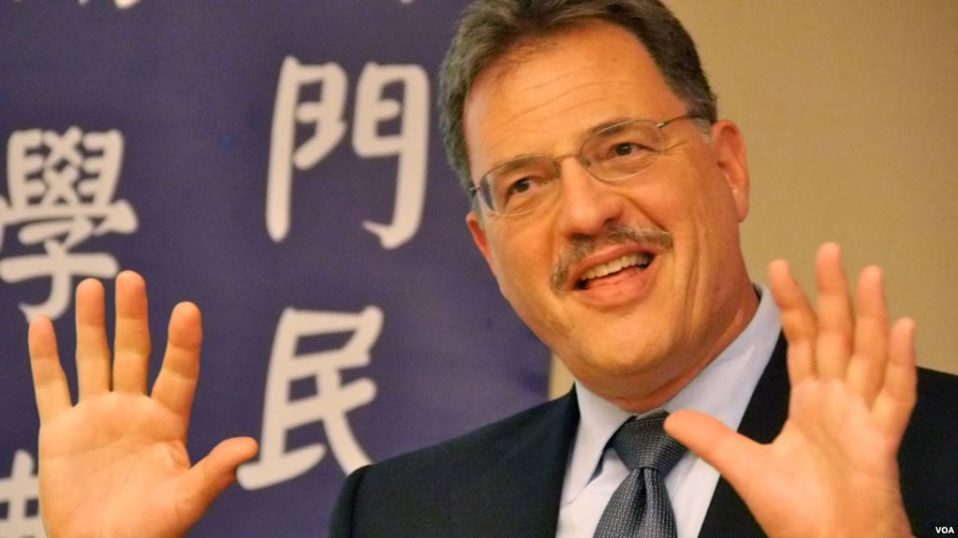






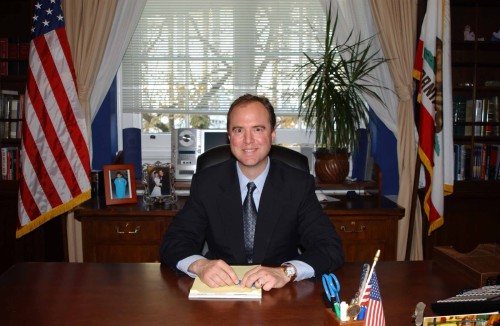

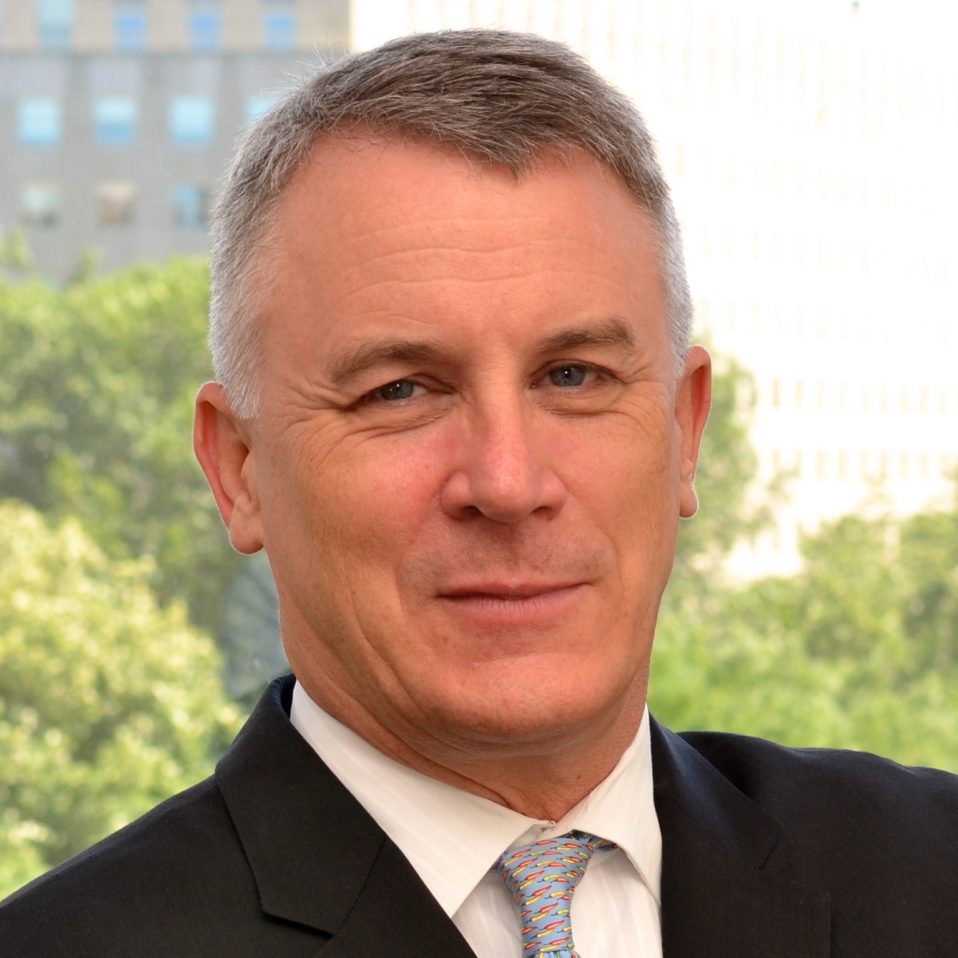
 Senior Fellow at Hudson Institute
Senior Fellow at Hudson Institute